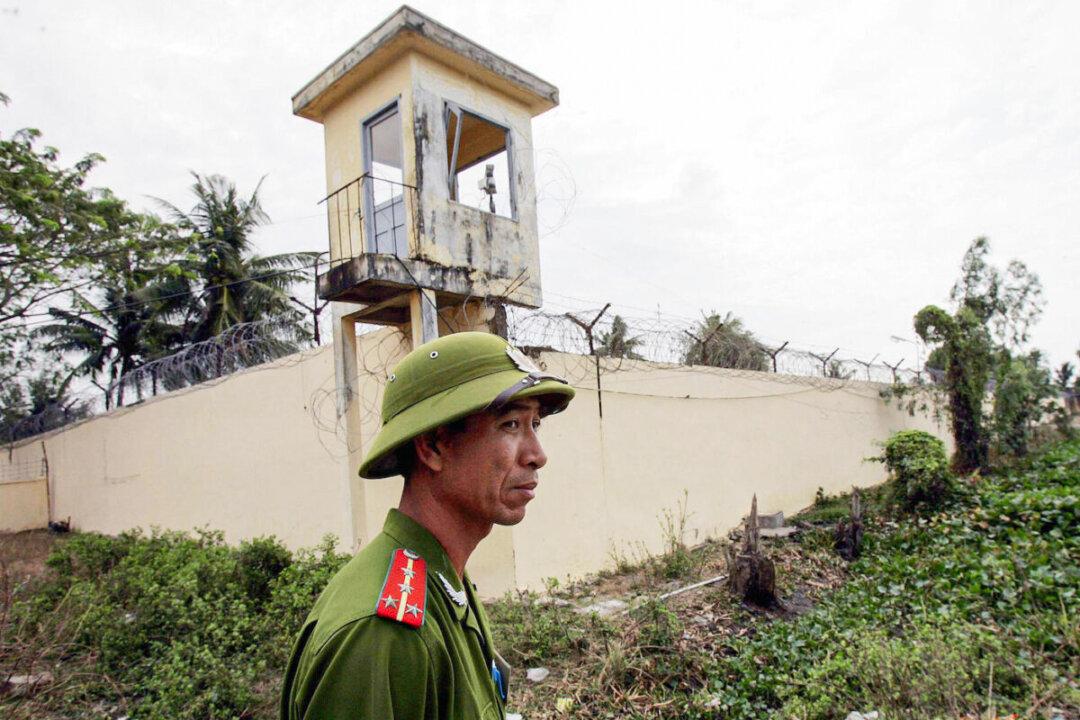The Vietnamese government has placed more than 170 rights activists, including their family members, under house arrest and barred them from leaving the country on “fabricated national security grounds,” a human rights group said on Thursday.
Human Rights Watch (HRW) published a report documenting the Vietnamese government’s “systematic blocking” of more than 170 rights activists, bloggers, dissidents, and their family members from domestic and international travel from 2004 to 2021.





